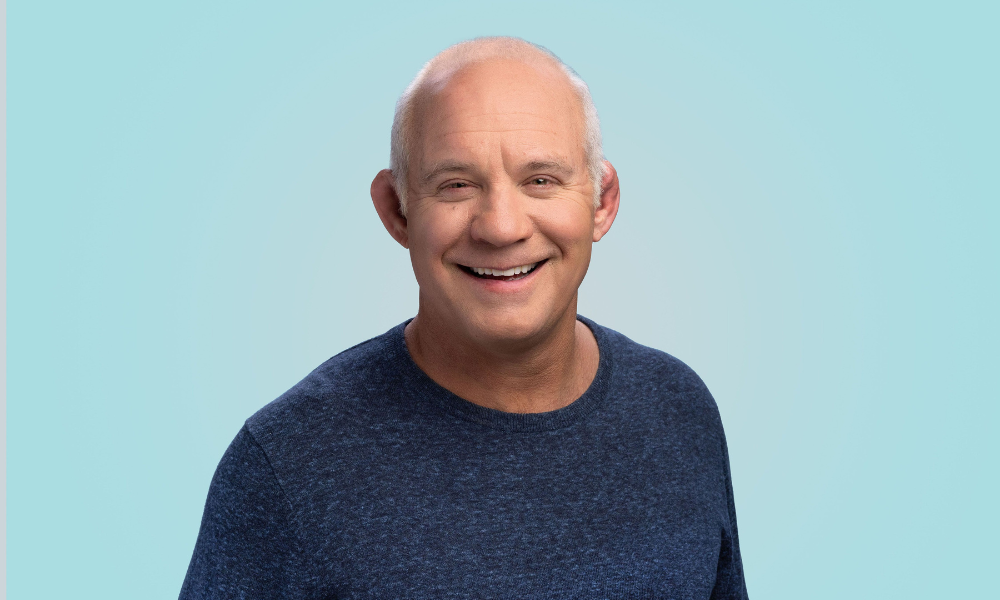Wondr Health survey shows employers can help employees with quality of life while gaining a financial return on investment

Employers can play a key role in helping their workers with their quality of life, which can improve physical and emotional health and help to decrease stress for the employee, while increasing productivity and job satisfaction, decreasing turnover, absenteeism, and disability claims, and ultimately improving the company’s bottom line.
According to data from Wondr Health, a provider of metabolic, emotional, and physical health programs, physical activity tops the list when it comes to how employees improve quality of life as they age. Survey findings from Wondr Health are in line with the University of North Carolina study that recognized enhanced quality of life as both a benefit of and motivator for physical activity.
When asked what they do to improve their quality of life as they age, employees cite:
-
Get regular physical activity (21.4 percent)
-
Cultivate and nurture close relationships (20.2 percent)
-
Maintain a healthy weight (19.3 percent)
-
Eat a balanced diet with nutrient-dense food (19.3 percent)
-
Utilize emotional health resources (18.9 percent)
Employers can provide programs to improve well-being of workforce
“It’s no secret that a healthy lifestyle is good for us, but research shows that improving quality of life is not only associated with reduced stress but can increase job satisfaction and productivity,” says Dr. Tim Church, chief medical officer, Wondr Health. “By providing employees access to programs that help them build and improve healthy habits, employers can improve the health and well-being of their workforce.”
Improved health and well-being is an important part of aging and can decrease the risk of developing high-cost conditions like diabetes, heart disease, and stroke. Wondr Health partners with employers and health plans to deliver programs for full-spectrum weight and obesity management. Beginning with proven, world-class behavioural support, participants improve their quality of life, physical movement, sleep, and more while sustaining long-term weight loss.
“Weight loss is not just about a number on the scale,” says Church. “It starts with other aspects in life that lead to better decisions around physical activity, sleep, and movement.” He says what stands out for him in the Wondr survey is that people are not just looking for more money, but they want a good quality of life, opportunities around physical activity, the ability to cultivate and nurture relationships, and to maintain a healthy weight.
“This shows what people value and offers employers the opportunity to put together a plan that offers programs that focus on quality of life, especially physical activity.” He adds that it is vital that employers focus on what their employees want and need. Whether they use employee surveys or industry data, information is available that will allow them to fulfill the individual needs of a diverse workforce. “Don’t assume that you know what they want. If you get it right, you will help people and produce a financial return on investment.”
Leadership buy-in key to success
Church says the number one predictor of whether these types of programs will work is leadership buy-in. “We see this all the time. When the leadership of the company steps into these programs, they're going to succeed. When the leadership doesn't step into these programs then they're turning these programs over year after year and people just become numb to them; they're guaranteed to fail. Leaders must be truly behind it.”
With people spending a big part of their daily lives at work, Church says there is no better place to implement a program to improve quality of life. “Work is a great place to intervene on these things, especially when you consider that the workplace provides many health and wellness benefits. A program to increase quality of life will only enhance these benefits.”



